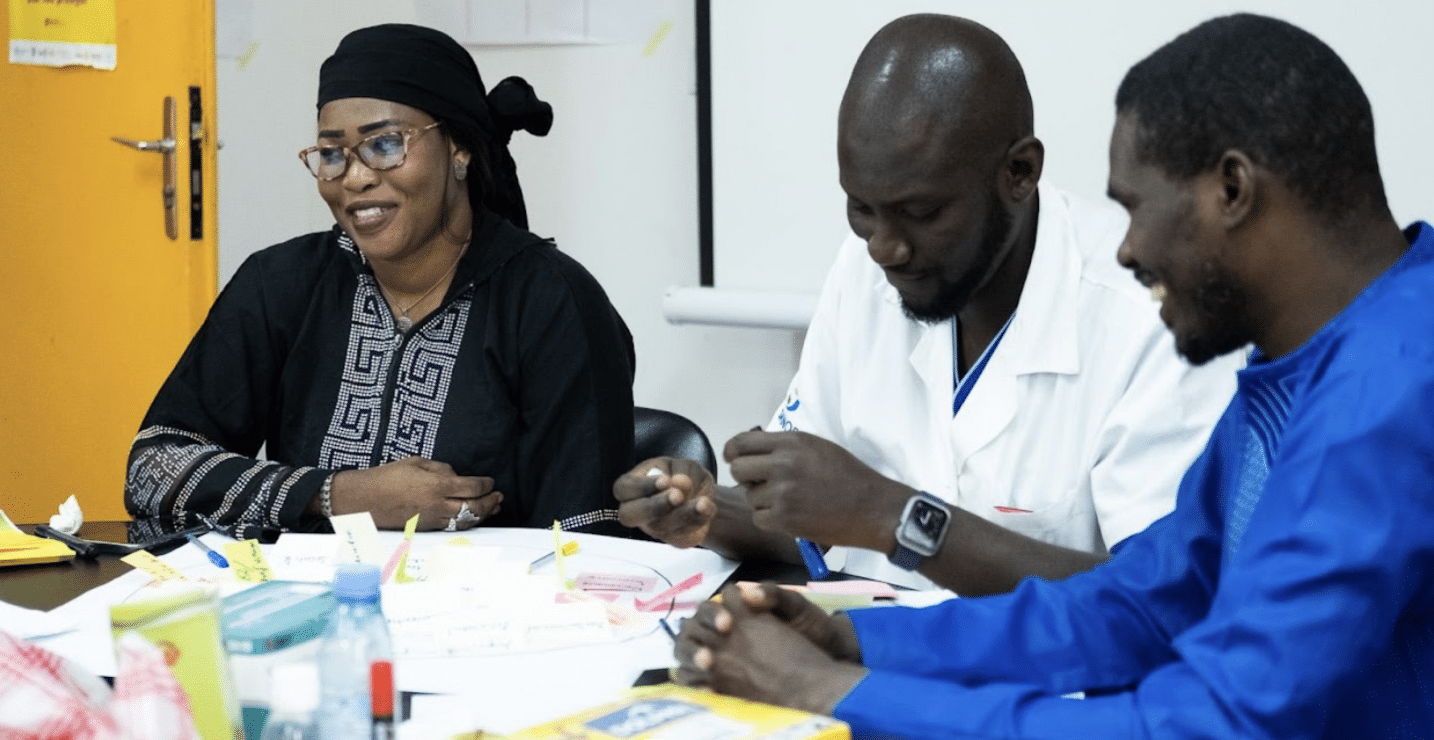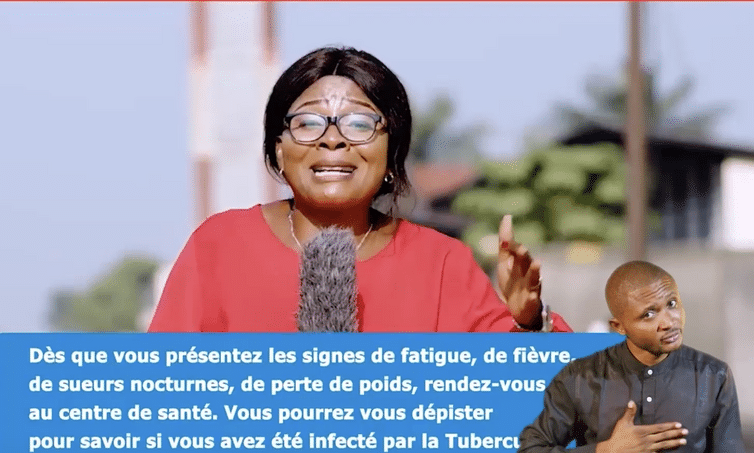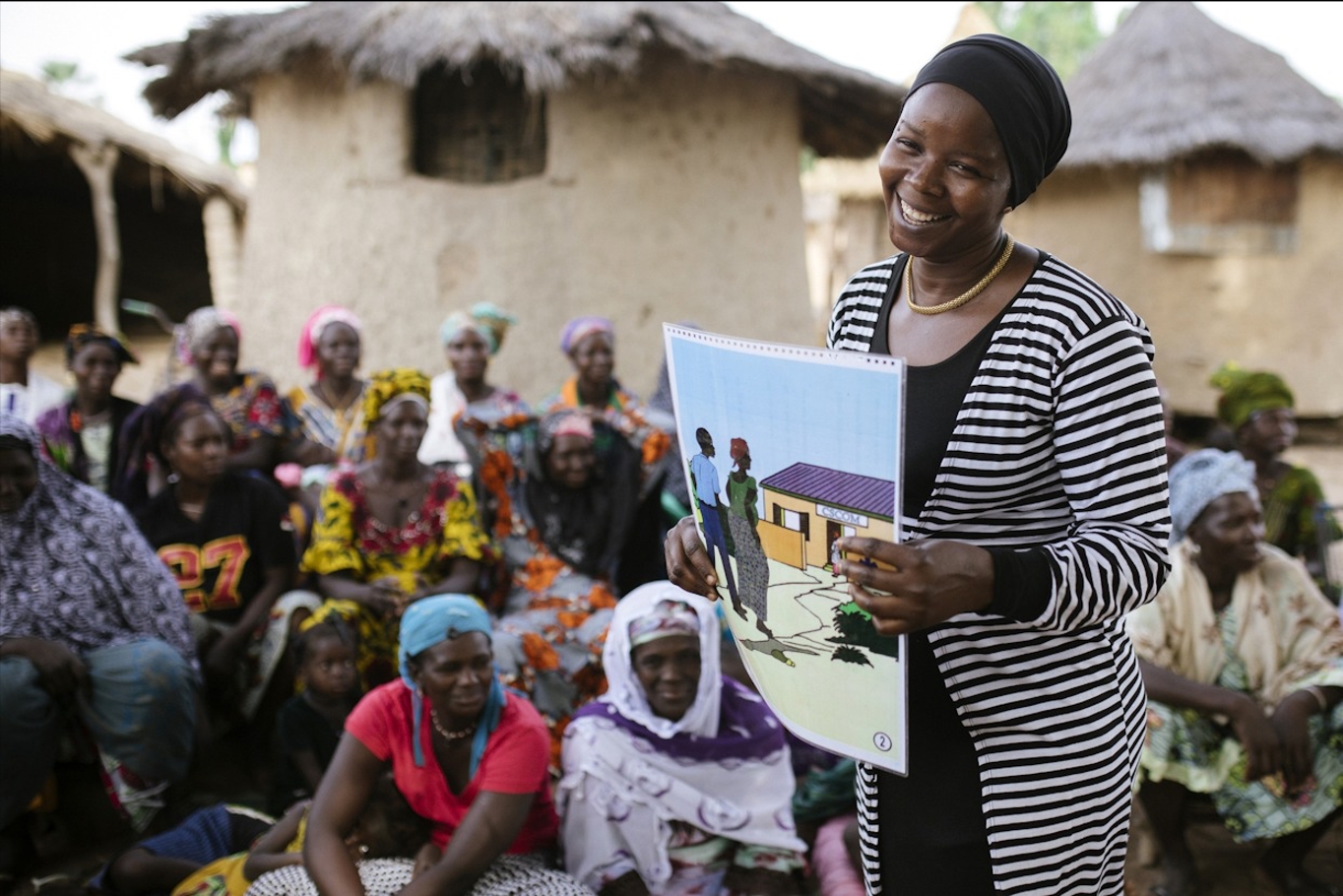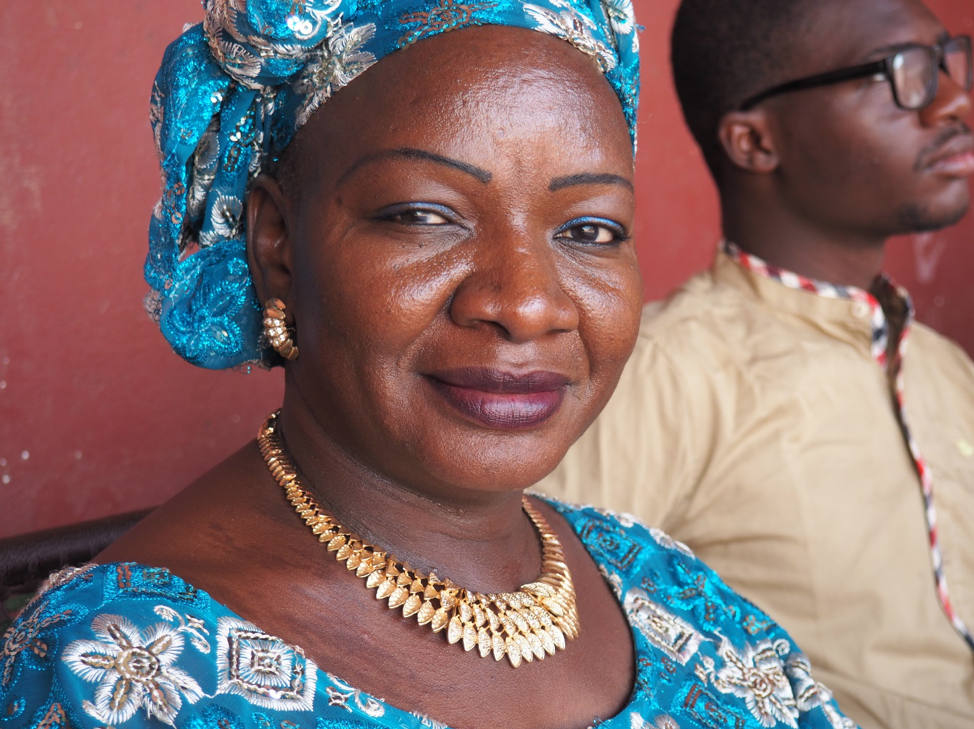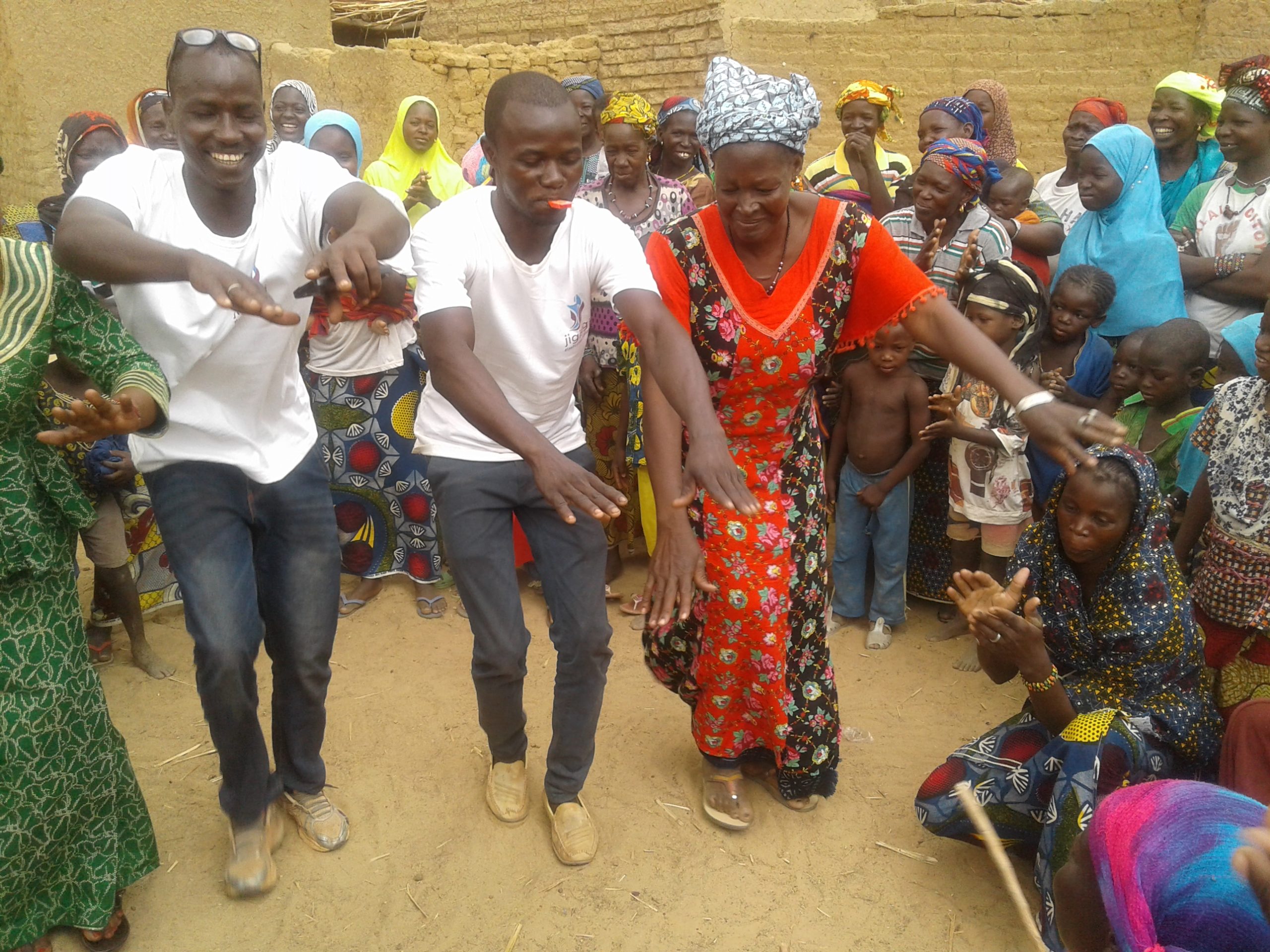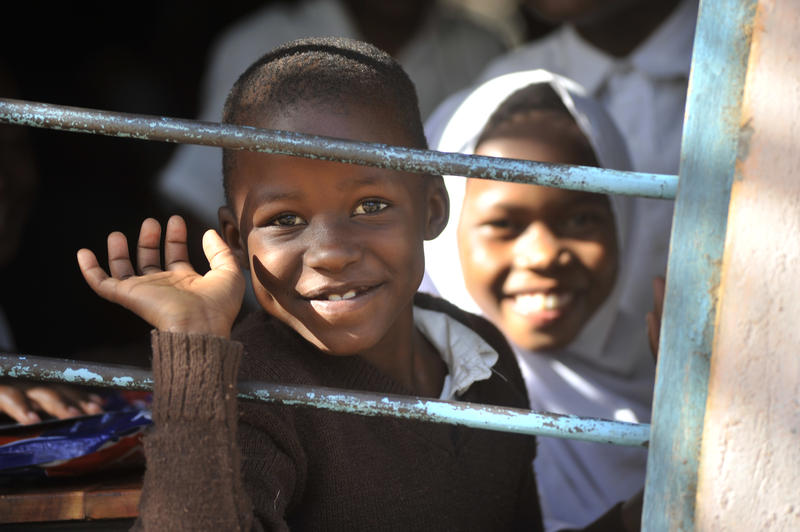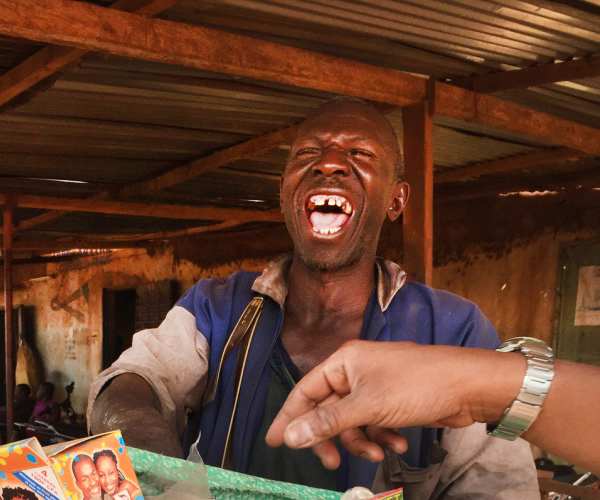
Spy Thriller Hopes to Spark Conversations about Zoonotic Threats
CCP just launched a 13-episode web series designed to prevent zoonotic diseases with a YouTube channel in several French-speaking countries in West and Central Africa. ‘You have to find a way to pull at heartstrings,’ says one creator

